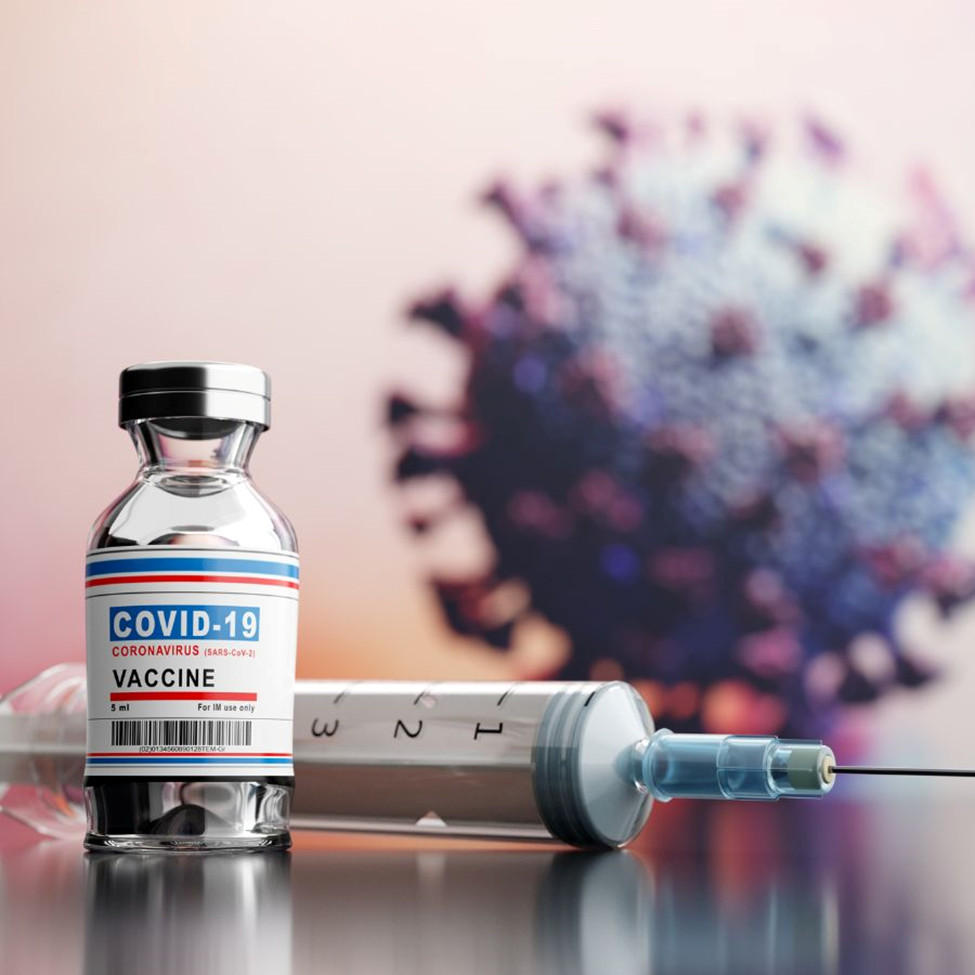Seasonal influenza virus is associated with considerable morbidity and mortality each year in the United States. Most people recover from influenza illness without requiring medical attention; however, among those who are immunocompromised, influenza can cause severe illness, complications, and death. Patients who are immunocompromised experience greater morbidity and mortality from vaccine-preventable illnesses, including influenza, due to an insufficient immune response. Because of these risks, influenza vaccination is a critical strategy to prevent infection in this patient population.

An immunocompromised state can result from HIV infection, solid organ transplant, hematopoietic malignancies, radiation, chemotherapy, or immunosuppressive or biologic therapy used to treat inflammatory disorders (eg, psoriasis, rheumatoid arthritis, ulcerative colitis, multiple sclerosis). The degree to which immunosuppressive drugs are associated with clinically significant immunodeficiencies is generally doserelated, and it varies according to the pharmacologic agent used.
Vaccination is the most effective way to prevent influenza, pneumonia, meningitis, and hepatitis B in the immunocompromised population. Results from several studies, however, have demonstrated that influenza vaccination rates are suboptimal in this population.8,9 Pharmacists can address these gaps in influenza vaccinations in clinical practice and promote higher vaccination rates among vulnerable populations by providing informed recommendations.10 This review discusses considerations for use of influenza vaccines in patients who are immunocompromised and potential pharmacy interventions that can improve vaccination management in the ambulatory care setting.
Considerations for Patients Who Are Immunocompromised
The CDC’s Advisory Committee on Immunization Practices (ACIP) recommends that a single injection of a standard-dose influenza vaccine be given to all individuals 6 months and older every influenza season, with few exceptions. For persons 6 months and older who are immunocompromised, the Infectious Disease Society of America (IDSA) recommends use of an annual inactivated influenza vaccination, except in those who are very unlikely to respond (eg, those undergoing intensive chemotherapy or those receiving antibodies that target B cells within 6 months). Inactivated vaccines should be administered at least 2 weeks prior to immunosuppression. Live vaccines should not be administered to patients with immune deficiencies, as they may transmit the live virus to the immunodeficient person.
Patients receiving biologic and nonbiologic immunosuppressants may have an insufficient response to influenza vaccination. Individuals who are immunocompromised may have lower or nonprotective responses to a standard dose of influenza vaccine, thereby increasing the risk of severe influenza and influenzarelated complications. Therefore, the degree of immunocompetence in a patient should be assessed by a physician to determine whether an immune response to vaccination is likely. Clinical laboratory measurements such as a complete blood count with differential (B- and T-lymphocyte counts), immunoglobulin levels, and more can be used to demonstrate the status of immunity.

In addition, household members and other close contacts of persons with altered immunocompetence should receive the influenza vaccination. Unless the individual who is immunocompromised needs a protective environment (ie, a specialized care area with increased air ventilation and filtration), their close contacts and healthy members of their household can be given the live attenuated influenza vaccine. ACIP and IDSA guidelines can provide additional insight on immunocompromised patients who are candidates for influenza vaccination.